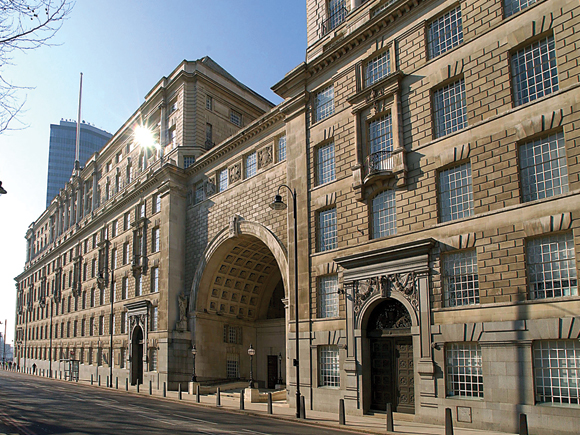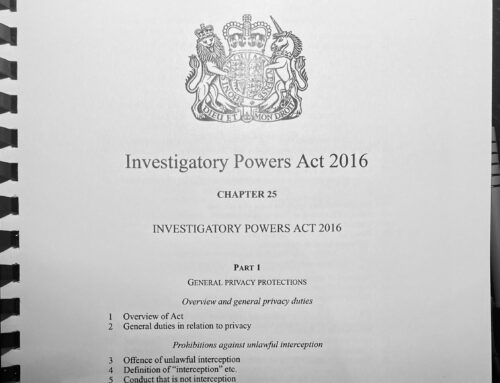The Home Secretary wrote to me today – just in time for my evidence session this afternoon before the Home Affairs Select Committee – setting out the terms for a new assignment. That will be a “stocktake” of the implementation by MI5 and Counter-Terrorism Policing of the 126 recommendations that came out of the post-attack reviews and Operational Improvement Review completed last November. I was the independent assessor of those reviews, and though they were all highly classified, I published my report on them in December.
The stocktake is to be completed by the end of January 2019, and my brief is as follows:
You should engage as you see necessary with lead officials and Ministers in MI5, CT Policing and the relevant Government departments who are responsible for delivering recommendations from the reviews. You will be able to discuss what progress has been made with these officials and Ministers and ask for any follow up information. You should also have access to any documentation you need as part of this work.
I would be grateful if you could compete your stocktake by the end of January 2019 and provide your conclusions to me, copied to the Prime Minister and the ISC.
Please also prepare an unclassified summary of your conclusions for public use which, subject to discussions with the relevant information owners, I will place in the House Library. Those discussions are to ensure that nothing in the public facing documents could prejudice national security.
I requested, and will get, formal quarterly reports into progress and will in addition have the ability to call for documents and to question those responsible for delivery.
My efforts will so far as possible be coordinated with those of the ISC (the Intelligence and Security Committee of Parliament), which has also expressed interest in this work. In addition I shall liaise with the new Investigatory Powers Commissioner and his office, IPCO, which helped me with my assessment of last year’s reviews, to ensure that the necessary safeguards are in place. This recent blog post on the US Lawfare blog gives further detail on the modern landscape of intelligence oversight in the UK. For enthusiasts, a Lawfare podcast (US) and an Intrepid podcast (Canada) give a more personal impression of my experiences.
Some major changes are envisaged in the reports concerning, for example, the more efficient use of data and the wider sharing of knowledge derived from intelligence. I will be keen to ensure that, as recommended also by the Independent Reviewer of Terrorism Legislation and as accepted in principle by the Home Secretary, all terrorist threats regardless of the underlying ideology should be assessed by the same expert body (JTAC) – and the same powers routinely made available to investigate them.
As I wrote in my report of December:
It has been known for large institutions to react to reviews by going through the motions, or by digging defensive redoubts. Even when a window is opened to change, it can close again before long. If such temptations existed on this occasion, they have up to this point been successfully resisted. Intelligence professionals and senior police officers have looked at established systems and processes with a questioning eye. They have pushed each other, and persuaded themselves, to contemplate significant change.
My task is now to ensure that the lessons correctly drawn from the deadly attacks of 2017 are translated into meaningful action, and to raise the alarm if they are not. I look forward to publishing my conclusions, to the extent that considerations of national security permit, in a year’s time.
UPDATE
Some four months after it was submitted to the Home Office in mid-February, my stock-take report was published on 11 June 2019. You can find it here. Elements of it were reported in The Guardian here.






